Training as a medical secretary or hospital secretary: Experience report by Alexandra Lüthi - this training enables you to work in a hospital secretariat or medical practice
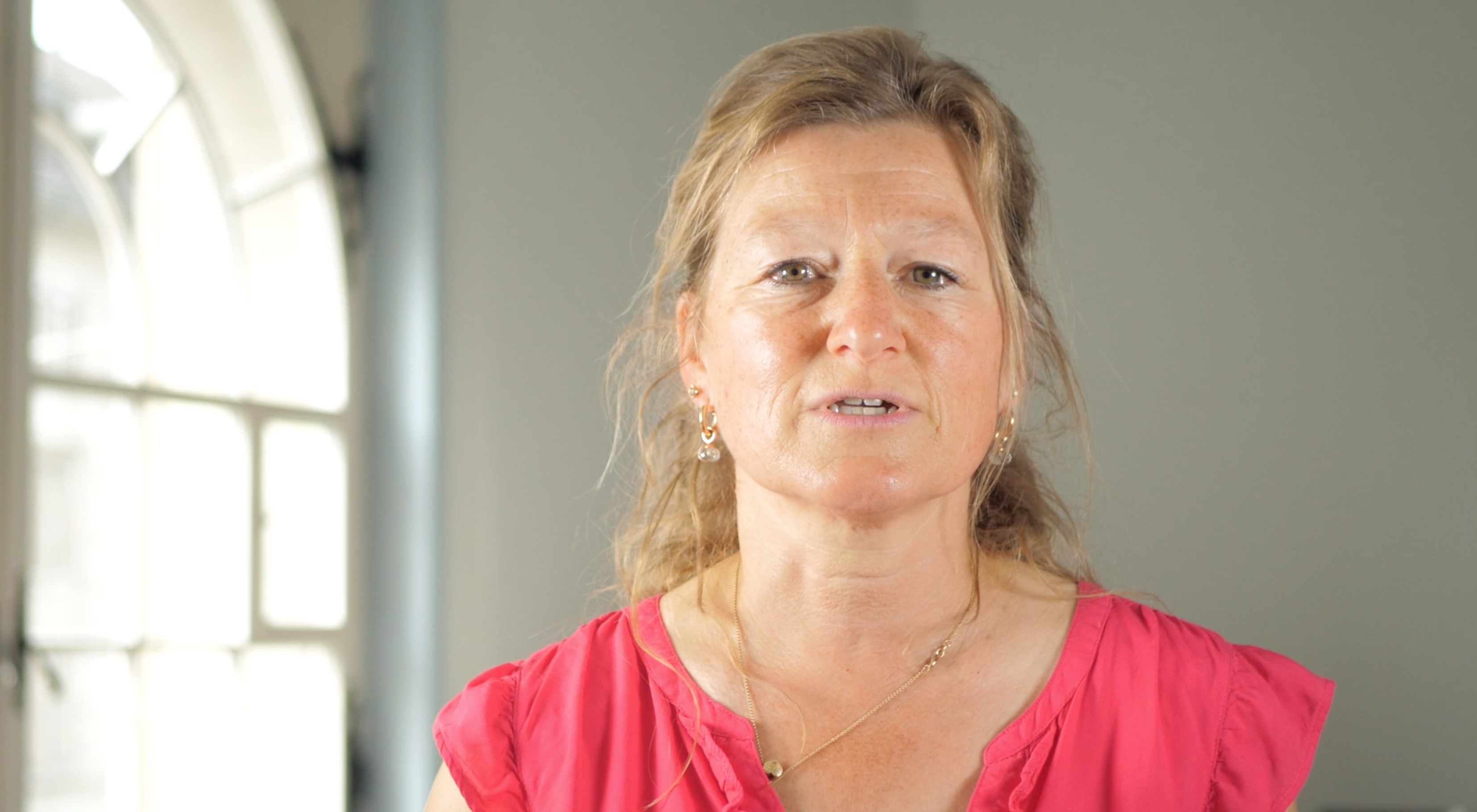
Please tell us something about yourself and your career to date.
My name is Alexandra Lüthi. I currently work in the intensive care unit in Frauenfeld. I have completed training in intensive care and anesthesia. Until six years ago, I administered anesthesia to patients. Passing on medicine and my knowledge in this field to others is very important to me. That's why I teach at the Migros Club School on the Medical Assistant (MPA), Medical Practice Coordinator (MPK) and Medical Secretary courses.
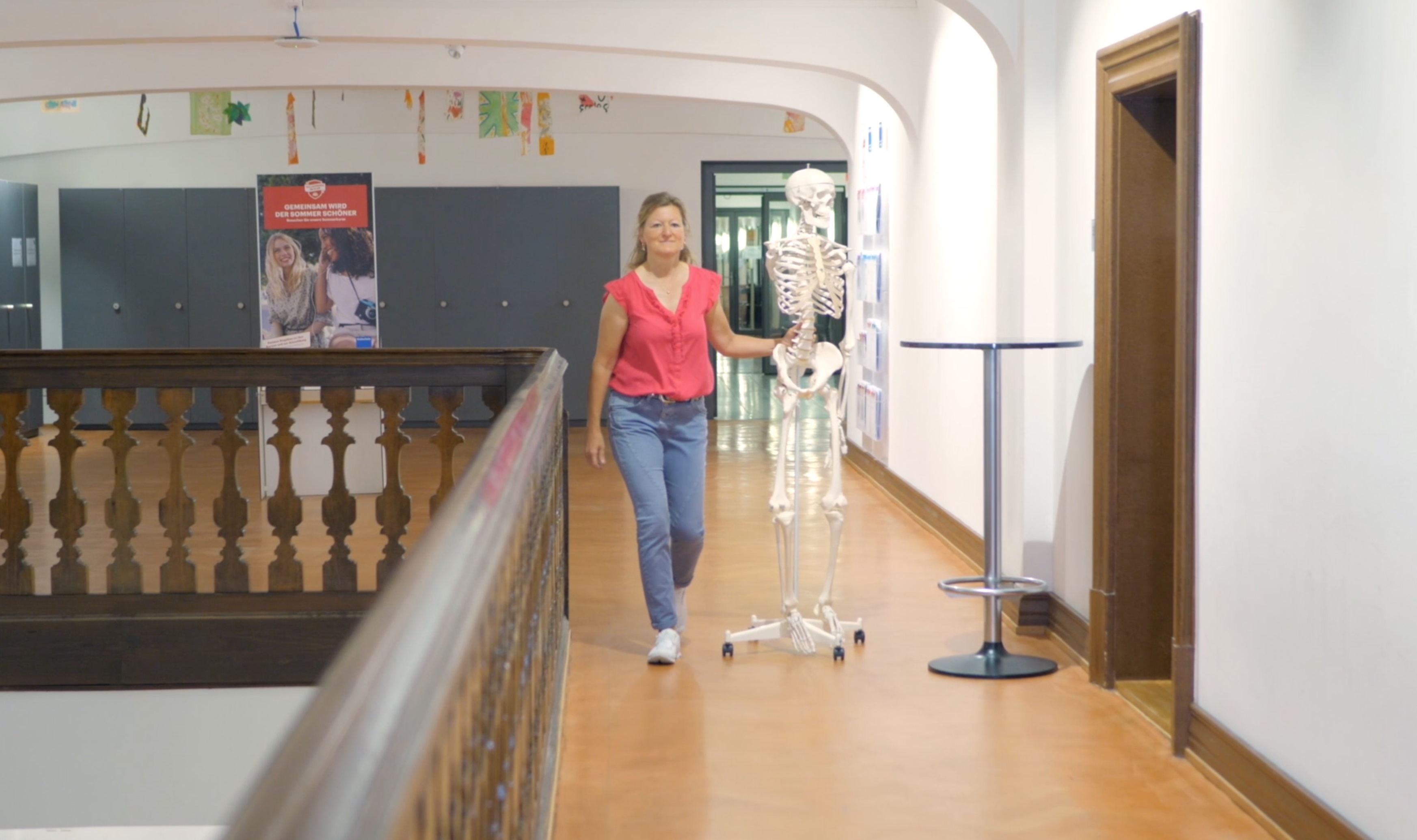
Who is the target group of the medical secretary or hospital secretary training?
The target group for medical secretaries and hospital secretaries are people who would like to carry out medical and administrative tasks in a hospital or practice.
What can be achieved with medical secretary training?
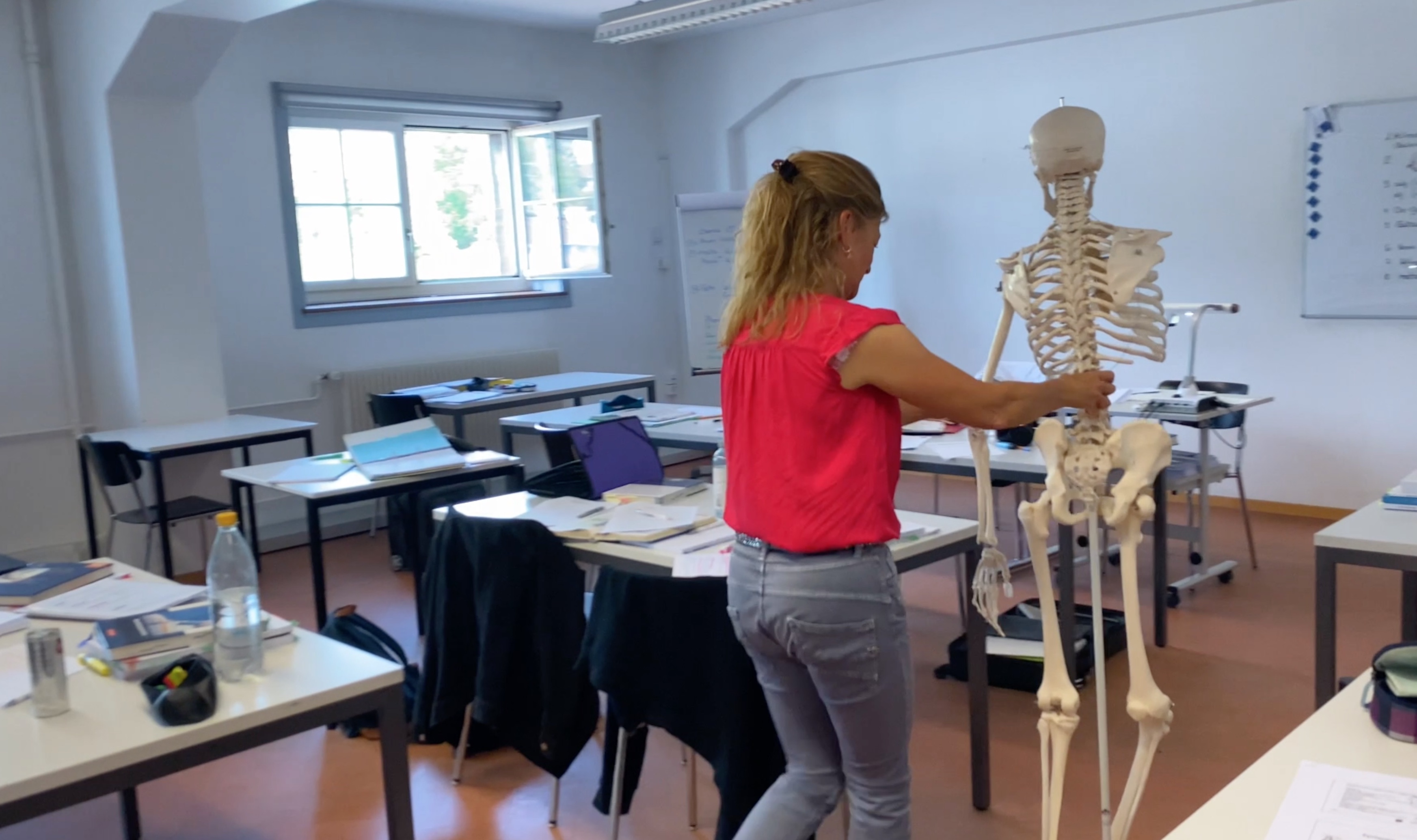
In the medical secretary training program, graduates receive a broad knowledge of topics such as anatomy, pathology, pharmacology, correspondence and insurance theory.
What are the admission requirements for the course?
For the medical secretary or hospital secretary course, only written and oral German language skills are required for admission. Basic PC skills and keyboarding are also important. No other specific basic knowledge is required.
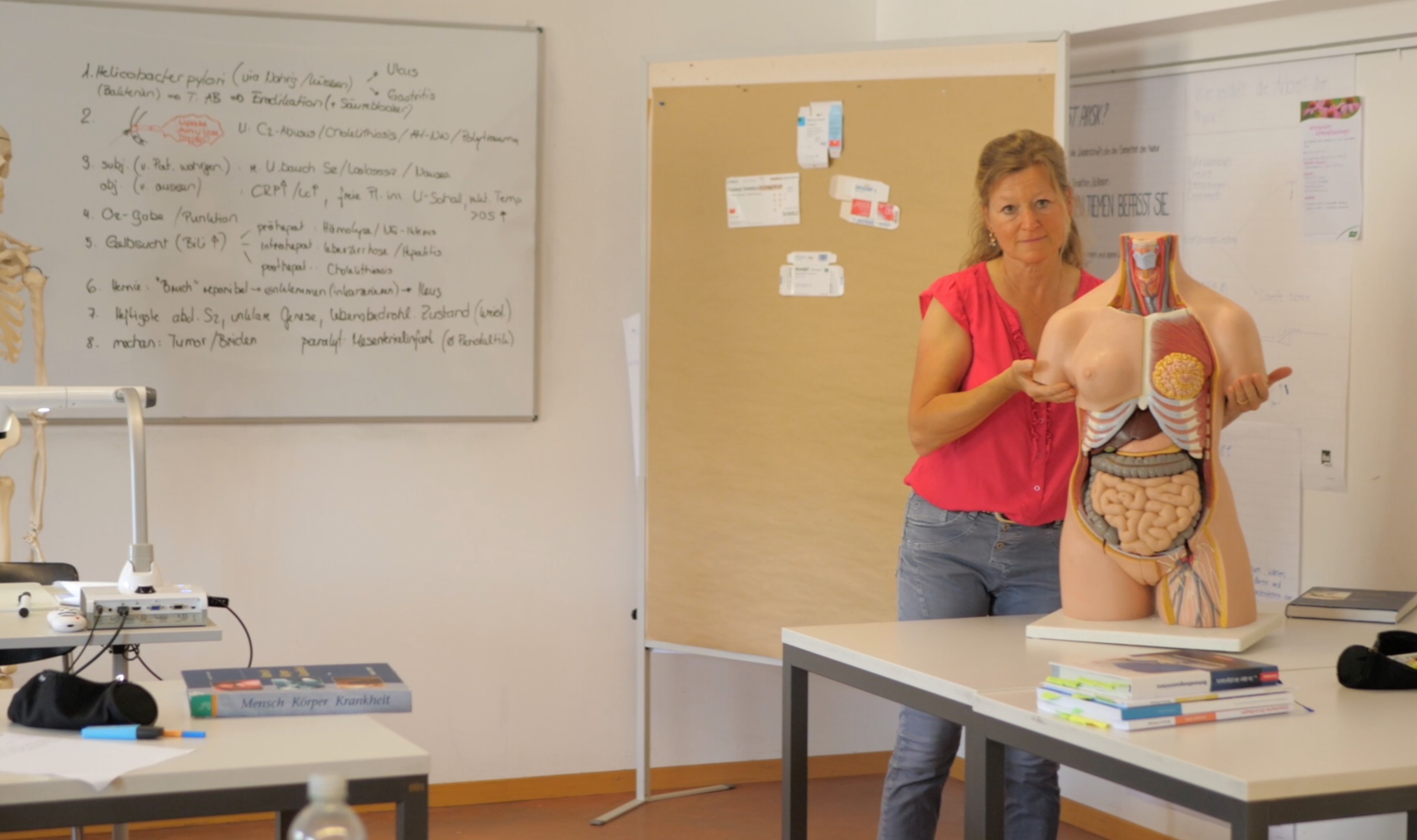
What is the content of the medical secretary course?
The medical secretary course teaches anatomical, pathological and pharmacological knowledge. In addition, all important areas of insurance theory and correspondence are covered.
How is the course structured?
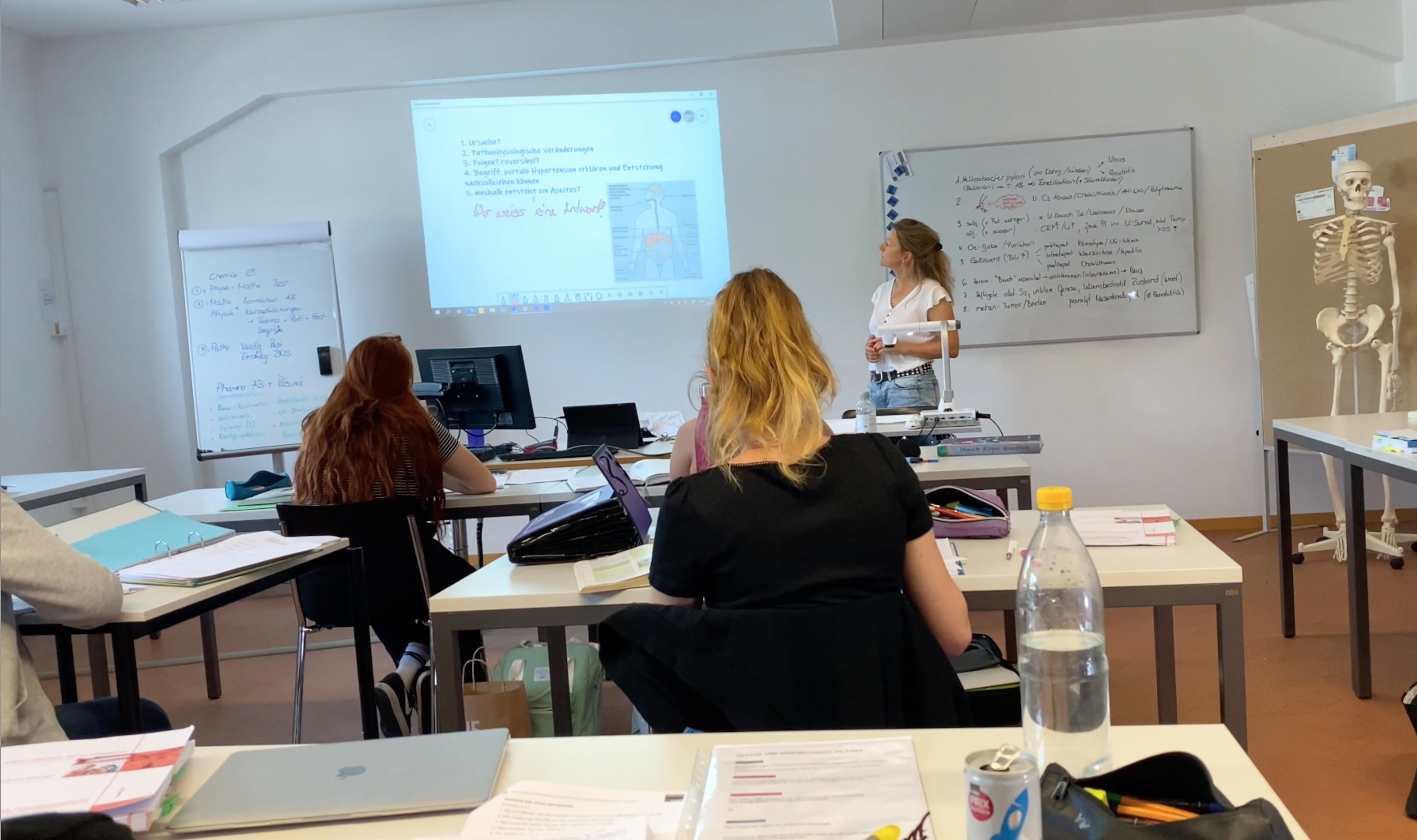
The medical secretary or hospital secretary course has a modular structure and lasts approx. 10 months. The Migros Club School St. Gallen enables participants to attend classes in the evening, on a whole day or on Saturday mornings, so that they can combine family and professional life with continuing education, further training. Depending on the Club School locations, there are also other variants of the modular structure, which can be completed more quickly or take a little longer.
How do you qualify as a qualified medical secretary or hospital secretary?
The medical secretary or hospital secretary course is completed orally and in writing in all modules. Depending on the school, successful graduates receive a school diploma or an association diploma.
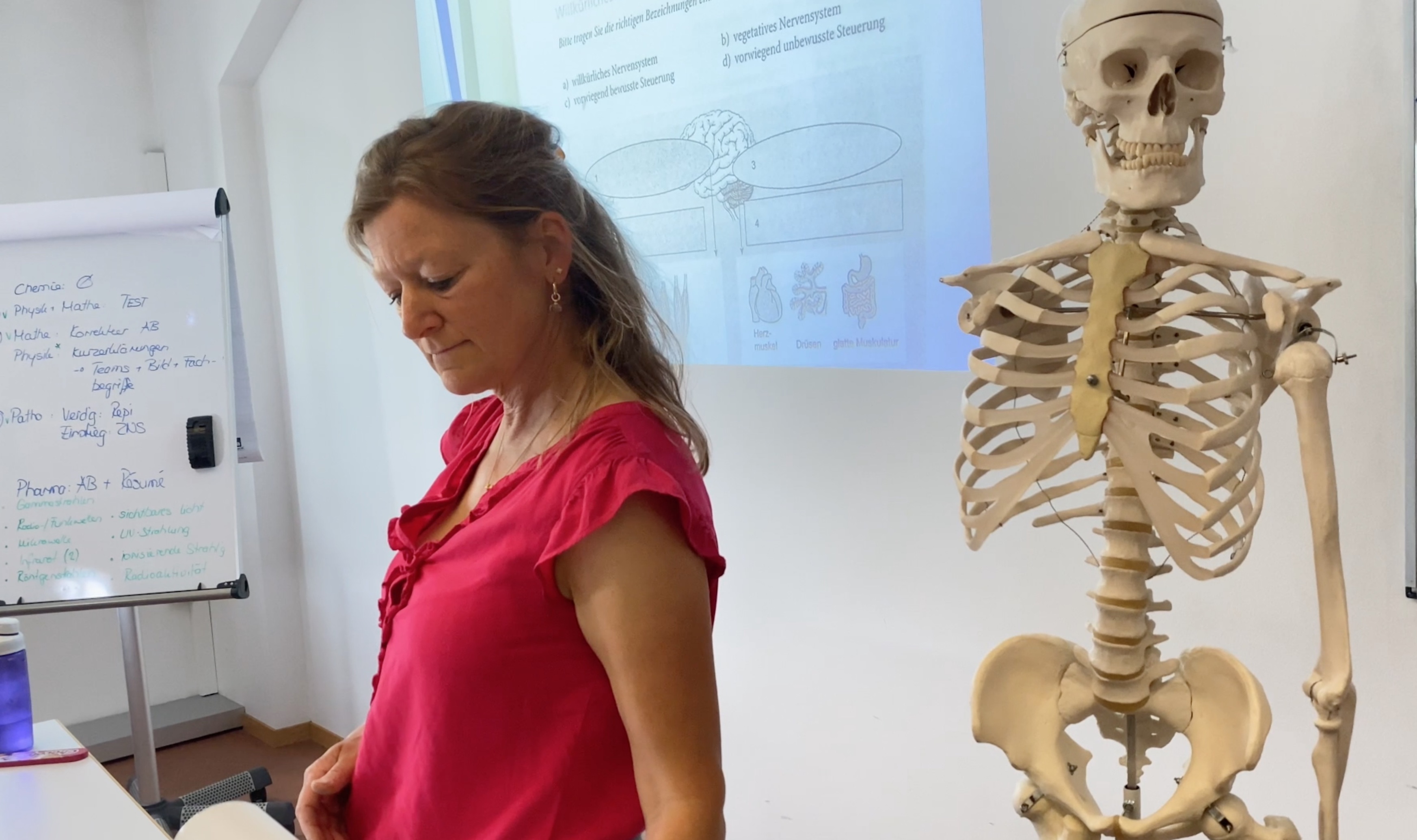
What opportunities do graduates with the qualification have?
The field of activity of a medical secretary or hospital secretary is in a hospital or a smaller or larger practice. There you can apply all the knowledge you have learned or concentrate more on correspondence. Which specific tasks are carried out depends heavily on the working environment. In smaller practices in particular, the entire spectrum of work, including practical tasks such as taking blood samples or applying pressure dressings, can often be carried out. In a large practice, however, the tasks are limited to the administrative area and correspondence. With this qualification, there are opportunities for further training to expand knowledge in the field of X-ray or laboratory.
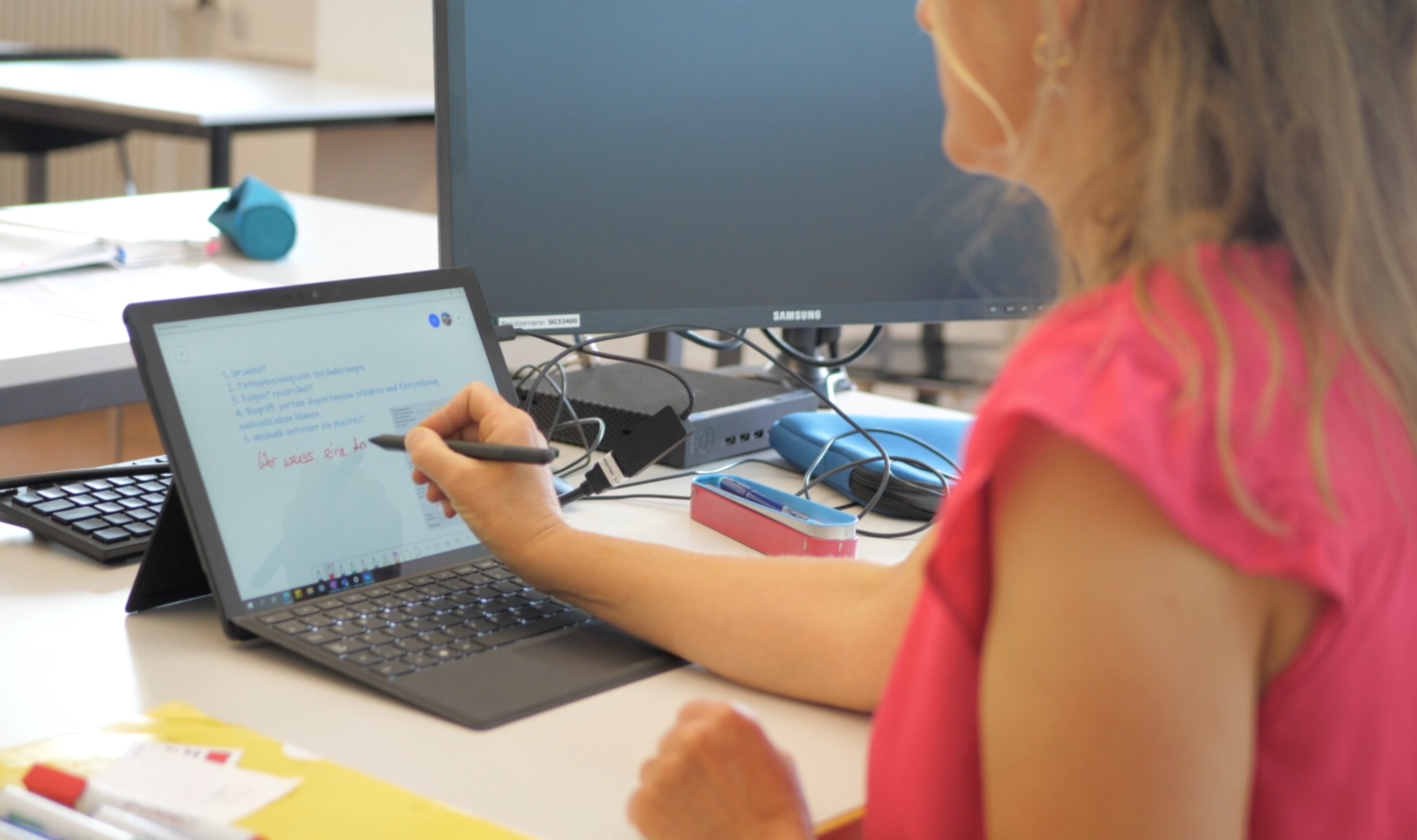
How is the training for medical secretaries and hospital secretaries structured?
I try to make the physical lessons in medical secretary and hospital secretary training as varied as possible. For theoretical subjects, however, the focus is not on practical application. What is important is the connection to reality - for example, listening to your own body with a stethoscope to hear what it sounds like when you take a sip of water. Or during continuing, further education, training as a medical secretary, you learn which organs make up the body and where they are located within the body. I try to integrate a lot of variety into the lessons by also responding to the learners so that they can get involved. In my view, there also needs to be room for spontaneous ideas or interest in questions that are not relevant to the learning objective. During the pandemic, we focused on online teaching and discovered lots of exciting new opportunities for interactivity.
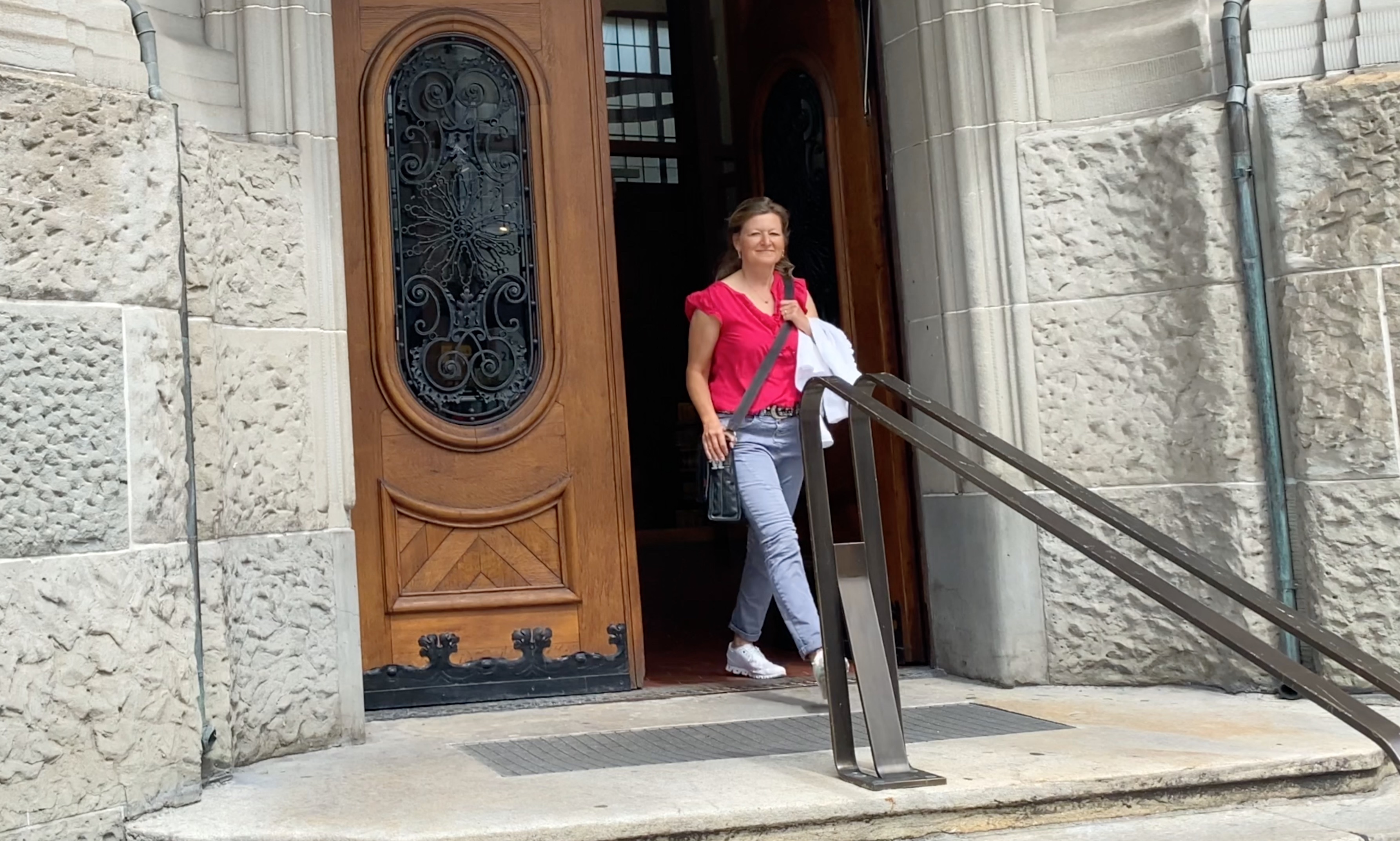
What makes Migros Club School unique?
The advantages of the Migros Club School are its good infrastructure and wide range of courses. If you have a deficit in German, keyboarding or IT, you can update this with an additional course at the Club School. The Club School also has central locations that are easy to reach by public transport.
